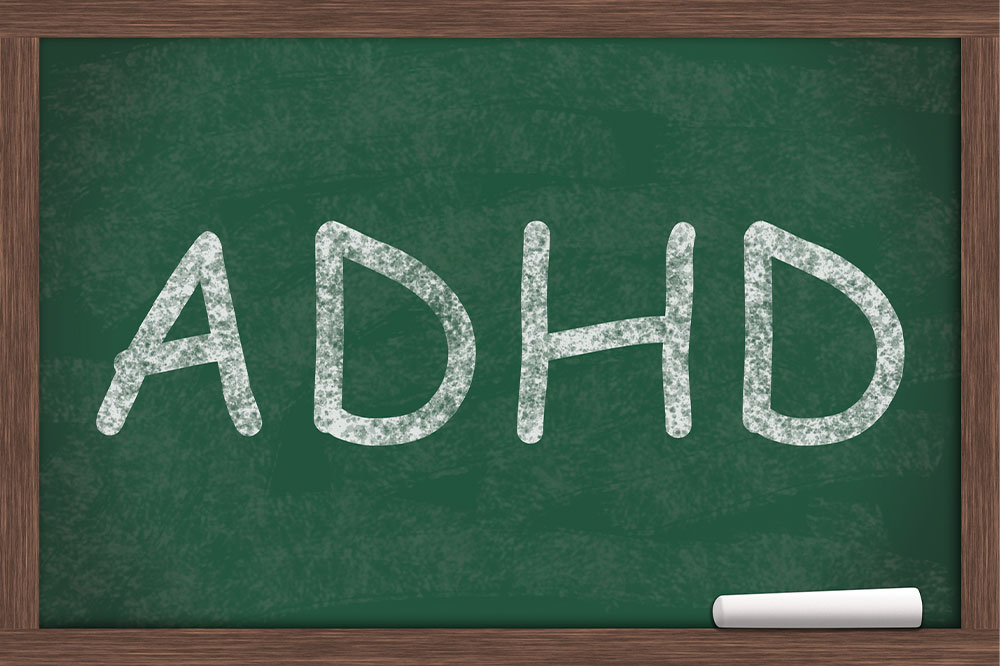
6 easy tips to aid in managing ADHD
Attention-deficit Hyperactivity Disorder is a chronic neurodevelopment disorder often diagnosed in children. Several cognitive and behavioral traits are symptoms of ADHD. Irritability, hyperactivity, and control of impulsive actions are some symptoms of ADHD, but each case varies from another. While doctors commonly seek therapy and drug treatment options, patients and families alike, certain lifestyle tips can help manage ADHD. Here are some effective tips that can help create a routine and manage ADHD in the long run:
Start treatment for ADHD
Ideally, once a diagnosis of ADHD is made, it is necessary to consider all possible treatment options and begin immediately. Do not start treatment in a hurry, as there is no need to panic. As a matter of protocol, doctors talk to the patient and their family about the best course of action. While drug treatment and therapy is the most common treatment option for ADHD, a combination of both is recommended by pediatricians and psychiatrists. While there is a limited number of licensed drug treatments for ADHD that help control the day-to-day symptoms of ADHD, it is imperative to consider the symptoms of any drug treatment.
Make lifestyle changes
While treatment options are the status quo, you can make lifestyle changes that help with impulse and attention issues. Therapists often suggest meditation, and research has proven that mindful meditation helps reign the brain and increases one’s attention span through a range of automated exercises. Yoga and stress relieving exercises help stimulate neurotransmitters, and you can practice for short periods. Getting good sleep and not working late can induce a calmer environment, positively impacting your day-to-day health.
Use time and organization indicators.
While every ADHD diagnosis is unique, consistency is a common quality in managing symptoms. One common area where people with ADHD struggle is time management and organization. However, there are many effective and easy tips that you can keep in mind to help with managing time. Keep a notepad to make notes and lists to set your daily goals. Goals can range from setting a time to do laundry to finishing a task on time. Try working in intervals, and don’t be too hard on yourself. Keep sticky notes and visual cues in your room to remind you of your deadlines, and always allot buffer time for tasks.
Identify your ideal situation.
While asking one to point out an ideal situation in life can seem like an intimidating question, it doesn’t have to be. If you think you feel better when sitting in a particular spot and enjoying a cup of coffee with a beautiful view outside, incorporate this setting into your daily routine. You can create patterns of similar situations. The same can apply in work and school scenarios. If you feel like a certain place makes you feel more relaxed or productive, you can continue working in that setting. Sometimes people with ADHD connect with nature, while some find that taking care of pets helps with self-esteem. A decluttered and simple setting also helps in reducing distractions.
Ask for help
Sometimes it can be overwhelming to complete a task or stick to a routine. ADHD is easier to manage if you ask for help when needed. Ask for help from your friends and family. Sometimes an ADHD coach or a professional cleaner can help you get through a stressful period. Support groups are great spaces to interact and discuss the diagnosis and treatment options. When you exchange experiences, you feel a sense of relatability with another person, which can take the pressure of dealing with ADHD by yourself.
Make changes in your food choices
While it is not scientifically proven that a particular type of food will conclusively help treat ADHD, a combination of factors can help alleviate the symptoms. Overall nutrition could be reducing or increasing your symptoms. Avoid triggers and practice excluding food that can cause behavioral changes. Experts recommend limiting the consumption of carbohydrates like candy and corn syrup and introducing nutritional supplements. Do not take vitamins and supplements without the approval of your doctor. Multivitamins are often recommended for kids who have ADHD. The American Academy of Pediatrics has recently agreed that children with ADHD should not be fed food with preservatives and coloring.
Managing ADHD in children
Some parenting strategies and tips can help manage ADHD in kids as they lean on their parents for guidance and support. One behavioral management strategy is to ensure that you reward them for small wins and achievements. While kids with ADHD deal with self-esteem issues, it is important to remember that they should be in a home environment where they are admired for their good behavior. Create a routine with their homework that is not too long and stressful. While making friends and communicating can be a hurdle many kids with ADHD face, you can help develop social skills as a parent. A healthy parent-child relationship will reflect your child’s relationships with other family members and friends.
You can gradually try incorporating these tips into your daily lives to assess the outcome acutely. Consult a doctor before making any drastic changes to your lifestyle and routine. Sometimes trial and error methods will show you what truly works while managing ADHD. Always ask for help and maintain a positive outlook while adapting to certain changes.